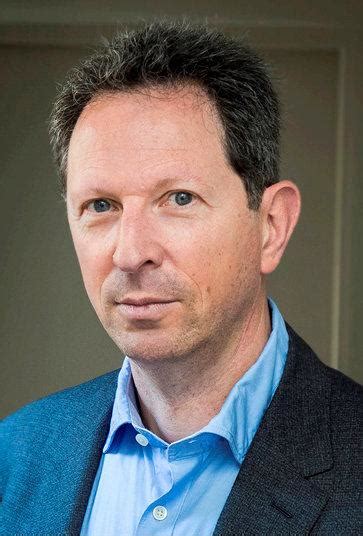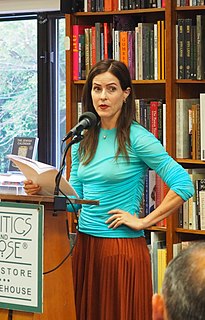A Quote by Eric Maskin
What we mean by an outcome will naturally depend on the context. Thus, for a government charged with delivering public goods, an outcome will consist of the quantities provided of such goods as intercity highways, national defense and security, environmental protection, and public education together with the arrangements by which they are financed.
Related Quotes
In effective, sustained citizen action, people learn the skills of public life with which to act effectively. "Commons," or the common wealth-the public goods that are objects of sustainable public action-become not only occasions for collaboration by invaluable sources of citizen education in their own right because they are the occasions for learning such skills.
Do not worry! Earthly goods deceive the human heart into believing that they give it security and freedom from worry. But in truth, they are what cause anxiety. The heart which clings to goods receives with them the choking burden of worry. Worry collects treasures, and treasures produce more worries. We desire to secure our lives with earthly goods; we want our worrying to make us worry-free, but the truth is the opposite. The chains which bind us to earthly goods, the clutches which hold the goods tight, are themselves worries.
Three sorts of goods, Aristotle specified, contribute to happiness: goods of the soul, including moral and intellectual virtues and education; bodily goods, such as strength, good health, beauty, and sound senses; and external goods, such as wealth, friends, good birth, good children, good heredity, good reputation and the like.
If one sentence were to sum up the mechanism driving the Great Stagnation, it is this: Recent and current innovation is more geared to private goods than to public goods. That simple observation ties together the three major macroeconomic events of our time: growing income inequality, stagnant median income, and the financial crisis.
The Environmental Protection Agency's first-ever limits on carbon pollution from power plants will create clean- energy jobs, improve public health, bring greater reliability to our electric power grid, bolster our national security, demonstrate the United States' resolve to combat climate change and maybe even reduce our utility bills.



































